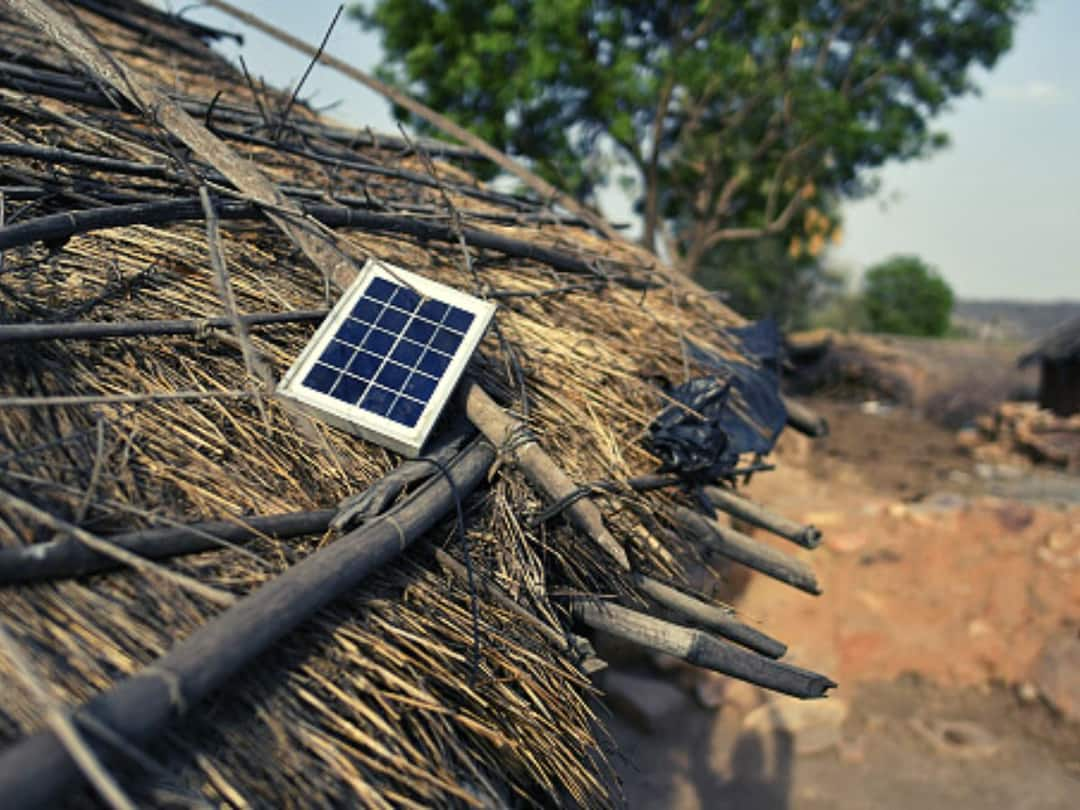India May Generate 1.8 Million Tonnes Of Solar Waste By 2050: How To Deal With The Problem Strategically
Solar waste management in India is still in its early stages, and there is no comprehensive policy framework to regulate the collection, transport, recycling, and disposal of solar waste.

The rapid growth of solar energy in India has brought about several environmental benefits. However, it has also brought new challenges, such as the management of solar waste. India is currently the world's third-largest solar market, and the country has set ambitious targets to achieve 175GW of renewable energy capacity by 2022 and a further 450GW by 2030. The growth of solar energy is a significant step forward in the country's efforts to reduce greenhouse gas emissions and mitigate the effects of climate change.
What Is Solar Waste?
Solar waste refers to the waste generated by solar panels, batteries, inverters, and other equipment at the end of their lifecycle. Solar panels typically last for around 25 to 30 years, and once they reach the end of their lifespan, they become unusable and need to be replaced. The waste generated by these panels contains hazardous materials such as lead, cadmium, and other toxic chemicals that can be harmful to human health and the environment if not disposed of properly.
Solar waste management in India is still in its early stages, and there is no comprehensive policy framework to regulate the collection, transport, recycling, and disposal of solar waste. A recent report by the Centre for Science and Environment (CSE) estimates that India could generate around 1.8 million tonnes of solar e-waste by 2050, which could pose a significant threat to the environment and public health if not disposed of properly.
Challenges Of Solar Waste Management
One of the significant challenges of solar waste in India is the lack of a proper policy framework for managing it. The government has not yet developed any specific regulations for solar waste, and there is no clear guidance on how to deal with it. Another challenge is the lack of awareness and infrastructure for solar waste management. Most people in India do not have adequate knowledge about the hazardous materials contained in solar panels and how to dispose of them safely.
There is also a shortage of recycling facilities and the technology required to recycle solar panels and other equipment. Solar panels have a limited lifespan, and their disposal can lead to environmental hazards. To address this, the government can mandate manufacturers to produce solar panels with longer lifespans, and incentivise the recycling of end-of-life panels. The lack of proper disposal systems for solar waste could lead to the dumping of hazardous waste in landfills, which could pollute the air, water, and soil in the surrounding areas.
Furthermore, there is a financial burden associated with solar waste management. The cost of recycling solar panels is currently high in India. To address this, the government can provide subsidies and tax breaks to encourage recycling and incentivise the development of innovative recycling technologies that reduce costs.
In addition to its environmental impact, solar waste can also have economic consequences. According to a report by the International Renewable Energy Agency (IRENA), the global value of the materials recovered from solar panels could reach up to $15 billion by 2050. However, this potential revenue stream could be lost if solar waste is not managed properly, leading to increased costs associated with the disposal of hazardous waste.
How To Deal With Solar Waste?
There is a need for greater awareness among stakeholders about the potential environmental impact of improper disposal of solar waste. This can be achieved through public awareness campaigns and training programs for those involved in the solar industry. The private sector can also play a vital role in addressing the challenge of solar waste by investing in research and development of new recycling technologies and developing new business models that prioritise sustainability.
In a nutshell, addressing the challenges of solar waste in India will require a multi-pronged approach that includes raising awareness, improving recycling infrastructure, introducing regulations, incentivising innovation, and supporting the development of longer-lasting solar panels. By adopting a strategic approach, India can address the challenges of solar waste and ensure the sustainable growth of its solar industry.
(The author is the Director of the Solar Division at Servokon)
Disclaimer: The opinions, beliefs, and views expressed by the various authors and forum participants on this website are personal and do not reflect the opinions, beliefs, and views of ABP Network Pvt. Ltd.
Related Video
Apple creates a new record in iPhone sales after launch of iPhone 16 | ABP Paisa Live
Top Headlines






































